Mazu culture forum held in Fujian
Updated: 2016-11-06 20:28
By Liang Shuang in Putian, Fujian(chinadaily.com.cn)
|
||||||||
A symposium on Mazu culture - a custom of worshiping a maritime goddess believed to be practiced by 300 million people in China and Southeast Asia - was held on Tuesday and Wednesday on Meizhou Island - Mazu's birthplace - in Southeast China's Fujian province.
Being the first of its kind, experts hoped to inherit and expand the Mazu spirit to the world.
"The core of Mazu spirit is to establish virtue, to do kindness things and to love inclusively," said Wang Hong, head of the SOA. "It corresponds with our idea of develop the ocean reasonably and protect the oceanic environment."
The symposium, organized by China's State Oceanic Administration, features professors giving speeches on Mazu culture and its values in the modern maritime Silk Road, in cultural heritage and in civilization.
Mazu, originally named Lin Mo, is believed to be a Good-Samaritan type of woman who lived in the North Song Dynasty (960-1129 AD), and died during a shipwreck rescue. She was later worshiped by local fishermen, eventually bestowed the status of a sea goddess by different emperors of various Chinese dynasties throughout the second millennium.
The customs of worshiping Mazu were also brought overseas by immigrants to Southeast Asia and even North America, where temples dedicated to Mazu were built. Sailors believe that Mazu will help them navigate in the ocean and overcome difficulties. Mazu belief and customs are also listed on the UNESCO intangible heritage since 2009.
"There are more than 5,000 Mazu temples all over the world with more than 300 million believers," said T.C. Yoong, head of Thean Hou Temple in Kuala Lumpur, Malaysia. "Most of them being along the countries of the Maritime Silk Road."
"Statistics show that there are more than 1,300 Mazu temples in Taiwan, showing the omnipresence of the culture in Taiwanese people's lives," said Wu Yang-ho, professor of Meiho University in Taiwan. "
The symposium serves as a core section of the first Global Mazu Culture Forum, and activities will last throughout November. According to the initiative passed during the sessions, the organizers intend to make the forum an annual event to further promoting the Mazu culture.
- Summit of Climate Conscience kicks off in Morocco
- British Airways announces special fares for New Year
- S. Korean president says to accept investigation over scandal if necessary
- Names of twin panda cubs born in Austrian zoo revealed
- May's Brexit plans thrown into chaos by landmark court ruling
- Syrian army announces 'humanitarian pause' on Friday
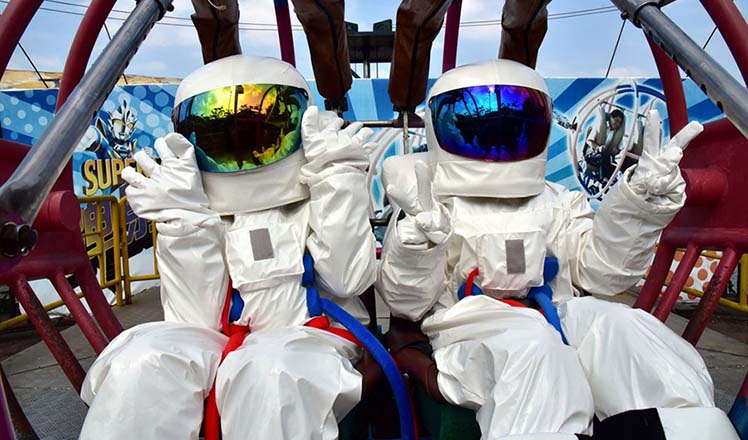
 Want to experience weightlessness? Try this ride
Want to experience weightlessness? Try this ride
 15,000 paintings, 5,000 candidates, one test
15,000 paintings, 5,000 candidates, one test
 Creating waves with stunts
Creating waves with stunts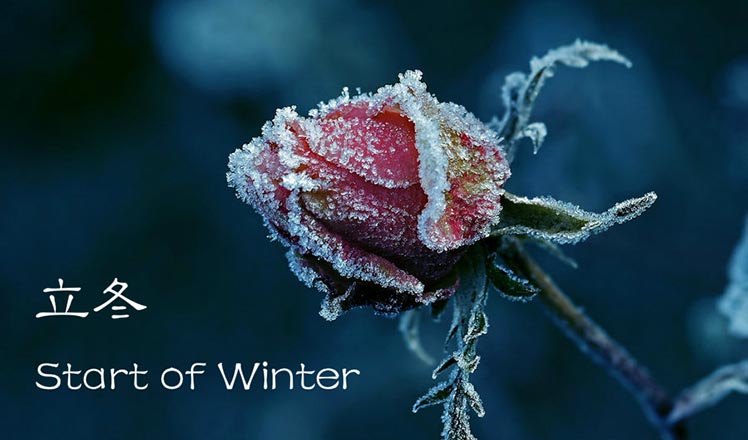
 8 things you may not know about Start of Winter
8 things you may not know about Start of Winter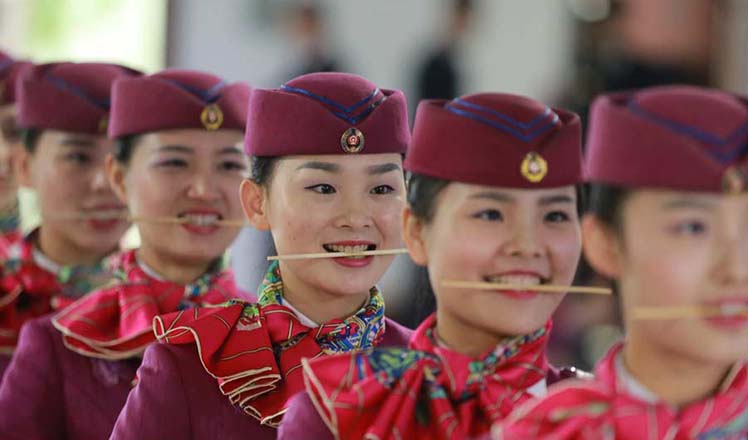
 Ten photos from around China: Oct 28- Nov 3
Ten photos from around China: Oct 28- Nov 3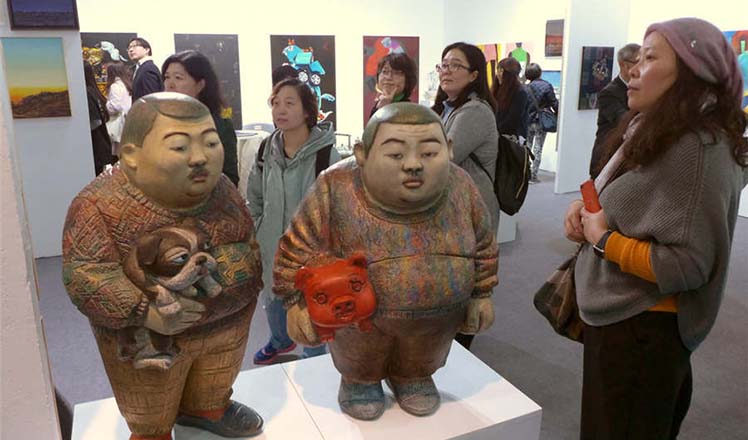
 Shanghai Art Fair connects people with art in daily life
Shanghai Art Fair connects people with art in daily life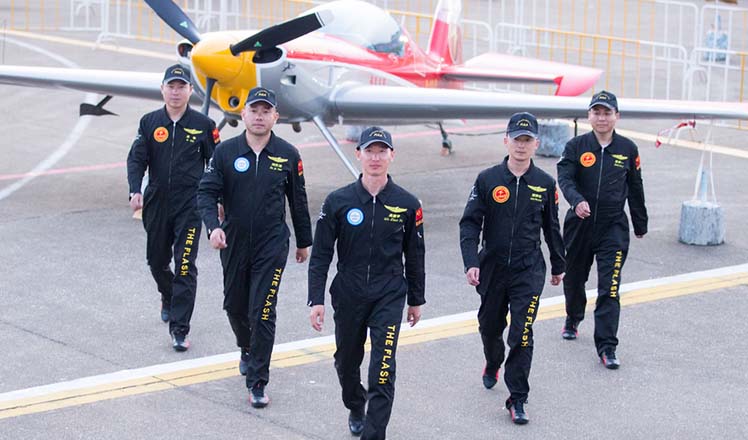
 Chinese captain takes off at Air Show China in Zhuhai
Chinese captain takes off at Air Show China in Zhuhai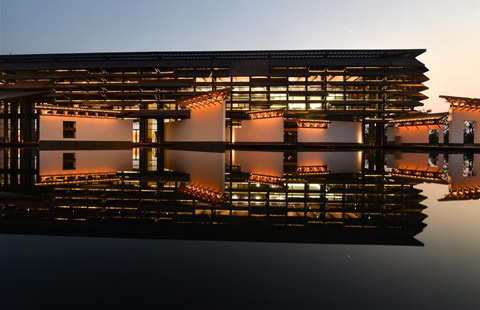
 Wuzhen Internet Intl Conference Center under preparation for 3rd WIC
Wuzhen Internet Intl Conference Center under preparation for 3rd WIC
Most Viewed
Editor's Picks

|

|

|

|

|

|
Today's Top News
US election rhetoric unlikely to foreshadow future US-China relations
'Zero Hunger Run' held in Rome
Trump outlines anti-terror plan, proposing extreme vetting for immigrants
Phelps puts spotlight on cupping
US launches airstrikes against IS targets in Libya's Sirte
Ministry slams US-Korean THAAD deployment
Two police officers shot at protest in Dallas
Abe's blame game reveals his policies failing to get results
US Weekly

|

|







